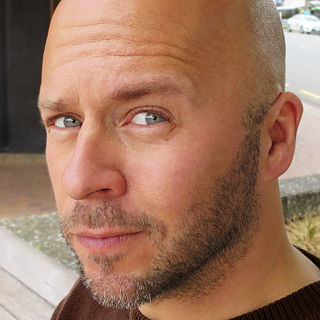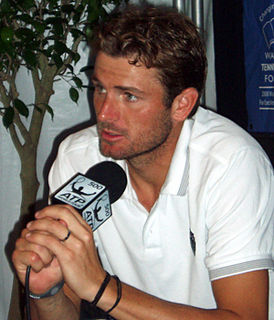A Quote by Fannie Lou Hamer
Not only have we paid the price with our names in ink, but we have also paid in blood. And they can't say that black people can't be intelligent, because going back to Africa, in Guinea, there are almost 4 million people there and what he, President [Sekou] Toure, is doing to educate the people: as long as the French people had it they weren't doing a thing that is being done now.
Related Quotes
The President of Guinea, Sekou Toure, came to see us on the 13th. Now you know, I don't know how you can compare this by me being able to see a President of a country when I have just been there two days; and here I have been in America, born in America, and I am 46 years pleading with the President for the last two to three years to just give us a chance-and this President in Guinea recognized us enough to talk to us.
Now many things are beginning to come out and it was truly a reality to me when I went to Africa, to Guinea. The little things that had been taught to me about the African people, that they were "heathens," "savages," and they were just downright stupid people. But when I got to Guinea, we were greeted by the Government of Guinea, which is Black People - and we stayed at a place that was the government building, because we were the guests of the Government.
There are people who are at fault for one or another problem. These people are very avaricious and self-serving. They're not doing it just to do it; they're doing it for the money. That money, they keep here. When you say, "We're going to find these people, these guilty people, the ones who are not only breaking laws but are also hurting their own fellow country people," and you say, "We're going to punish them, specifically, that's a step in the right direction."
For years, I'd say yes to almost everything, trying to be nice and generous. Feeling obliged to be of service to the world. Maybe also a fear of being forgotten if I don't. But I paid the ultimate price in doing that, because for all those years, I got almost no work done! Some famous authors have written about this: that if they said yes to every request, then they'd never have time to write another book again.
I must say, with regard to Equatorial Guinea, the Government of Equatorial Guinea, as soon as they had arrested these people, sent a delegation here to say they are going to charge them because they have got sufficient information to say these people were planning to remove the Government of Equatorial Guinea by force.
If people are worried, if they're fearful, if they feel a sense of grievance or that they're not being treated properly or that they're not being paid fairly, what you're going to have is you're going to have people doing the minimum amount of work necessary to not get fired, and not a peppercorn more.
What I really like is changing a life, helping someone change a business, change a family. In the beginning, it was because I was willing to only be paid for a result. I wasn't a therapist; there were no such thing as coaches back then. You had to be a therapist and it had to be paid for by somebody, and I saw what therapists did and I was honestly disturbed by it, because I see people in therapy for five years and I was, like, "This is absurd."
Going after a dream has a price. It may mean abandoning our habits, it may make us go through hardships, or it may lead us to disappointment, et cetera. But however costly it may be, it is never as high as the price paid by people who didn't live. Because one day they will look back and hear their own heart say: 'I wasted my life.'
To educate is really the most important thing. To try to reach people that have never understood mental health or had issues with it or people around them who have had issues with it. To just educate them and just understand that Naomi Osaka is not going to pull out of the French Open just because she doesn't want to talk to the press.
If black people use their resources properly, they can become as competitive as any group in society - take control of our neighborhoods, our businesses, our schools, including our teachers. The only thing keeping black people from doing it is this idiotic idea about integration, about being racially balanced.
I've been driven all my life by a spirit of adventure and a criminal level of optimism. I believed in my dreams because they were my only option. The people who make it to the top are addicted to their calling. You have to honor the gift God has given you. The people who get the call are the ones who'd be doing whatever it is they love, even if they weren't being paid.




































